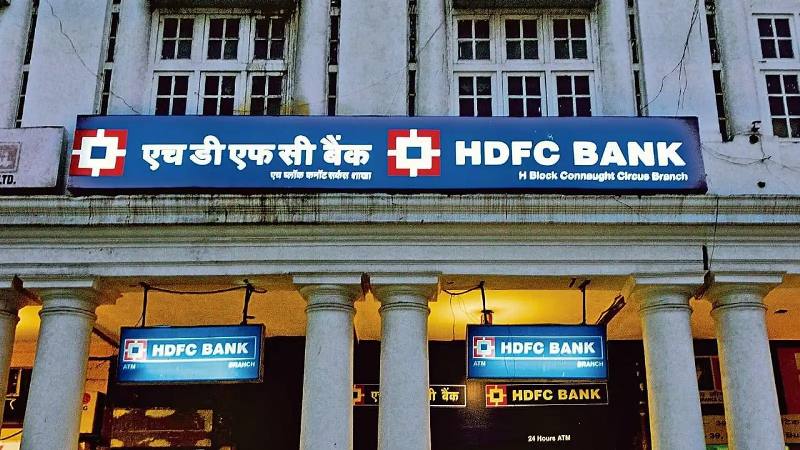Guwahati: HDFC Bank, India’s leading private sector Bank, conducted over 150 workshops to sensitize over 11,000 students and teachers on safe digital banking practices.
The Bank conducted these special secure banking workshops between Sept 4 and Sept 10 on the occasion of Teacher’s Day.
The Bank reached out to school, college, educational institutes across India and conducted secure banking sessions for students, teaching and non-teaching staff. Through these interactive sessions, participants gained valuable insights on safe digital banking practices so that they don’t fall prey to cyber fraud.
The workshops included real life examples, stories and videos, which helped participants to understand various Modus Operandi used by fraudsters.
HDFC Bank has been conducting Cyber Fraud Awareness Workshops under the secure banking initiative at various locations across the country over the past four years.
The workshop covered an array of pertinent topics, offering a better understanding of digital security:
Detailed discussions were held explaining common cyber threats like vishing, phishing, smishing, remote device access, SIM swapand UPI frauds.
Discussion was also done to identify scams which happen in pretext of investment, job offer, digital arrest, fake couriers, etc., and how to safeguard from these. Real-life examples were used to deepen understanding.
The sessions highlighted best practices for secure online transactions and tips for safe online shopping.
Attendees were guided not to divulge sensitive information such as OTPs, CVVs, Debit/Credit card credentials and UPI PINs and to report any suspicious call/message on the Chakshu portal on on www.sancharsaathi.gov.in
Manish Agrawal, Senior Executive Vice President – Credit Intelligence and Control – HDFC Bank said, “In today’s digital age, it is imperative that we equip the youth and educators with the knowledge to navigate the online world safely. Lack of awareness causes people to fall for cyber frauds. Therefore, it is essential to create awareness so that they do not share confidential banking data or click on unverified links.”
“The objective of these workshops was to educate participants on various modus operandi used by fraudsters and the secure banking practices that one need to follow so that they can further educate their family and friends and they do not become victims of such online frauds,” Agrawal added.
The Bank encourages customers to be cautious and adopt safe banking habits while transacting digitally and avoid sharing their confidential banking information with anyone.
In case customers fall prey to online fraud, they should immediately report unauthorized transactions to the bank and get the payment mode blocked to safeguard against future losses.
Customers should also file a complaint by calling 1930 helpline number started by Ministry of Home Affairs (MHA) and submit the complaint on National Cybercrime Reporting Portal https://cybercrime.gov.in.
Customers need to remember the following points to protect themselves from cyber fraudsters, including not to click on unknown links in SMS/Email/Messages as they may be a phishing link to steal a person’s data and money, not to download screen sharing Apps from unknown sources as this can be used to steal data from devices and install malware, not to share personal bank details like OTP, CVV, PIN, Password and Card Details with anyone.
The Bank or its representatives do not ask for such personal details.
ALSO READ: HDFC Bank and JLR India sign MoU for auto financing
Customers need to remember not to fall prey to schemes/jobs/discounts/help offers that require a payment to be made or require a person to share their personal banking credentials.
Customers need to be vigilant about unknown calls, SMS, Email, Social Media accounts and advertisements offering rewards, investment opportunities, part-time jobs, commissions or easy money for task completion and remote work.















